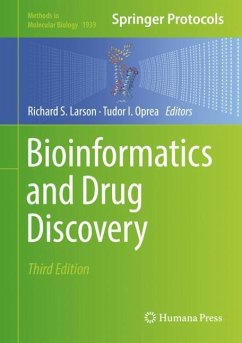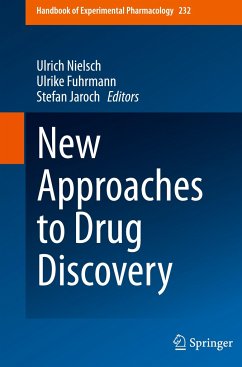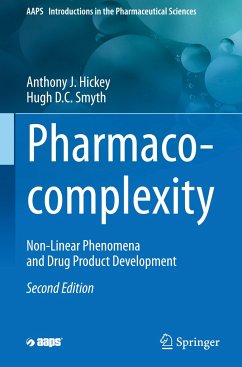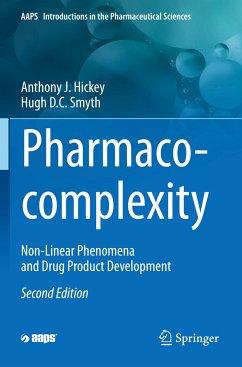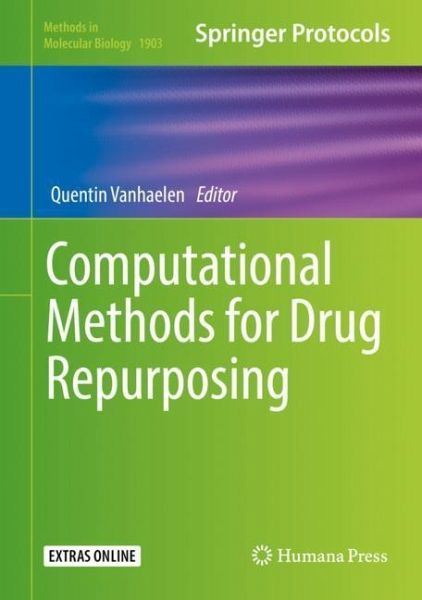
Computational Methods for Drug Repurposing

PAYBACK Punkte
57 °P sammeln!
This detailed book explores techniques commonly used for research into drug repurposing, a well-known strategy to find alternative indications for drugs which have already undergone toxicology and pharma-kinetic studies but have failed later stages during the development, via computational methods. Thereby, it addresses the intense challenges of identifying the appropriate type of algorithm and relevant technical information for computational repurposing. Written for the highly successful Methods in Molecular Biology series, the authors of each chapter use their experience in the field to desc...
This detailed book explores techniques commonly used for research into drug repurposing, a well-known strategy to find alternative indications for drugs which have already undergone toxicology and pharma-kinetic studies but have failed later stages during the development, via computational methods. Thereby, it addresses the intense challenges of identifying the appropriate type of algorithm and relevant technical information for computational repurposing. Written for the highly successful Methods in Molecular Biology series, the authors of each chapter use their experience in the field to describe the implementation and successful use of a specific repurposing method thus providing lab-ready instruction.
Authoritative and practical, Computational Methods for Drug Repurposing serves as an ideal guide to researchers interested in this vital area of drug development.
Authoritative and practical, Computational Methods for Drug Repurposing serves as an ideal guide to researchers interested in this vital area of drug development.





